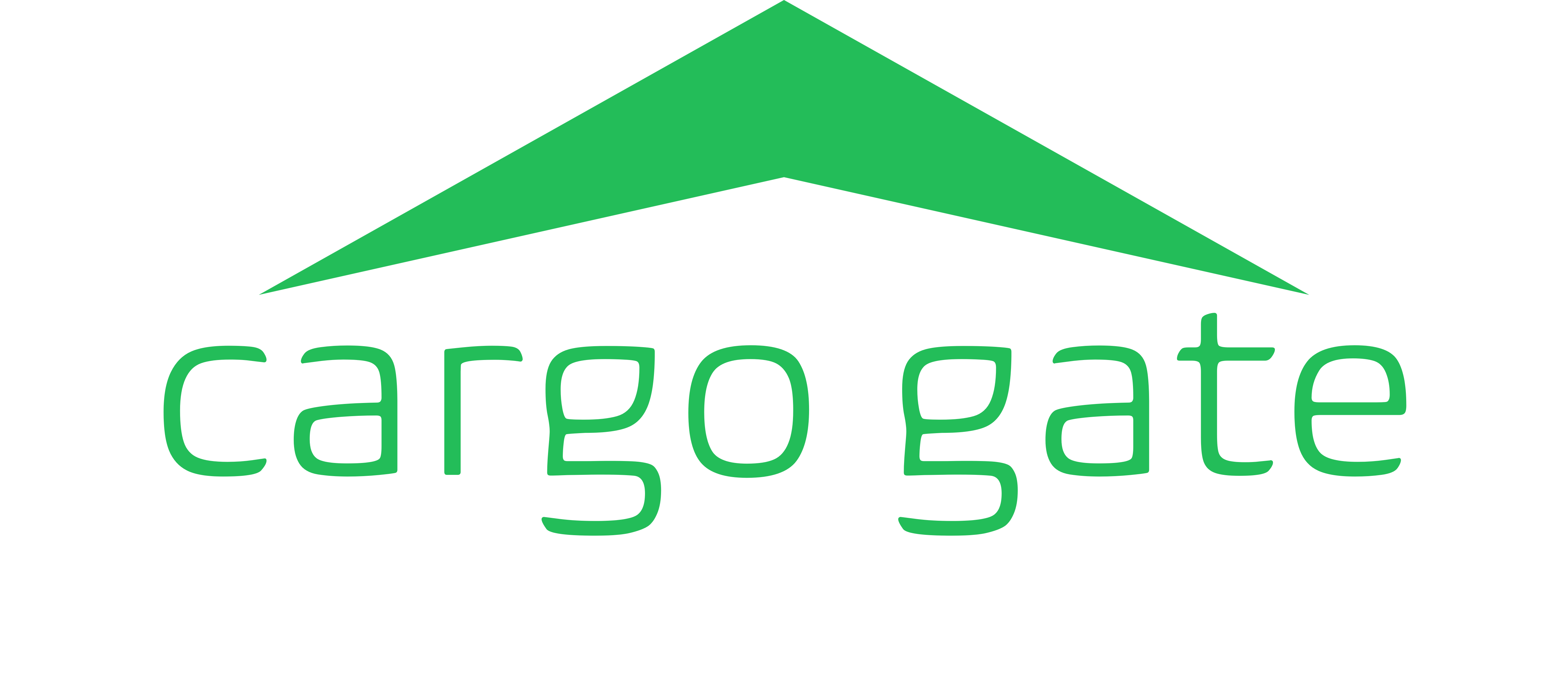Four Major Carriers to Share Capacity
CMA CGM, Hong Kong-based Orient Overseas Container Line, China’s COSCO Container Lines and Taiwan’s Evergreen Line in Shanghai had signed a memorandum of understanding to form a partnership, the carriers said in a statement on Wednesday.
The Ocean Alliance, which is due to begin operations in April next year with an initial period of five years, would allow the members to serve the sea lanes covering Asia.
Evergreen Marine said that the Ocean Alliance is expected to strengthen the ability of its members to offer competitive products and comprehensive services covering the Asia-Europe and Asia-Mediterranean trade routes.
The alliance would involve a fleet of 350 container ships and the deployment plans would initially cover more than 40 services globally mostly connected with Asia, including about 20 services each in the US and Europe-related trades.
Highly integrated vessel-sharing agreements, or alliances, allow members to mitigate overcapacity by sharing the use of their larger vessels and avoid financial losses accrued by operating less-than-full ships. Slot-sharing is hardly new, but the degree of integration through alliances and their reach certainly is — today, they make up roughly 90 percent of container capacity on major trade lanes. Like traditional slot-sharing, alliances are strictly operational, which means joint marketing and sales are forbidden.
[the_ad id=”741″]
The alliance would be the second-largest in the world after 2M, the vessel-sharing partnership between Maersk Line and Mediterranean Shipping Co.
Member carriers said: “Shippers will have an attractive selection of frequent departures and direct calls to meet their supply-chain needs, including access to a vast network with the largest number of sailings and port rotations connecting markets in Asia, Europe, and the United States.”
Regulatory reviews can take three months or longer. In the past, alliances got the green light from regulators if their combined market share was below 35%.
“I expect three main alliances instead of four going forward, and anyone not making it into those groupings won’t be able to survive in five years time,” said Lars Jensen, chief executive of Copenhagen-based SeaIntelligence Consulting. “No matter how this pans out in the coming days, I expect more consolidation to come, which will again change the alliances landscape.”


